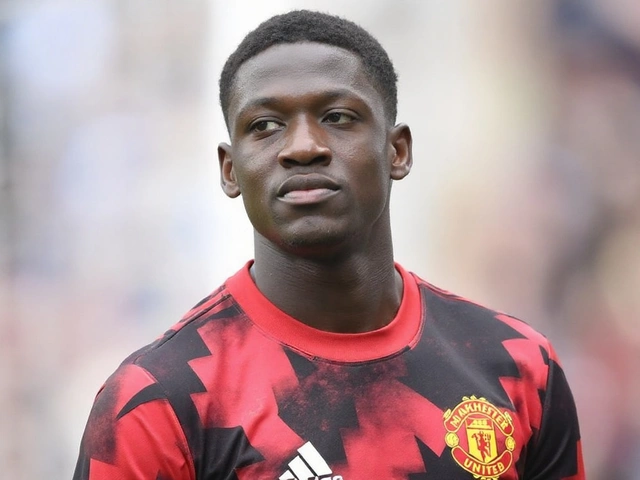Character Development for NY Athletes: A Coach’s Guide
When you talk about winning games, most people focus on skill drills and fitness. But the real edge often comes from character development – that mix of grit, responsibility, and teamwork that turns good players into great ones. As a coach in New York’s bustling sports scene, you can weave character lessons into every practice, match, and locker‑room talk.
First, set clear expectations. Tell your athletes what respect, effort, and honesty look like in your program. Simple statements like “We own our mistakes” or “We support each other on the field” give a concrete framework. When players know the standards, they’re more likely to act in line with them.
Every Drill Can Teach a Trait
Use your regular drills as character labs. For example, a passing drill that requires each player to wait for a teammate’s signal builds patience and trust. Add a quick debrief: ask who felt rushed, who helped a teammate stay focused, and what they learned. Those short reflections turn a routine exercise into a habit‑forming moment.
Another trick is the “challenge round.” Pick a skill that most of the team finds tough and let the under‑performer try it first. Watching a teammate step up, even if they mess up, teaches courage and humility. Celebrate the effort, not just the outcome, and you reinforce a growth mindset.
Off‑Field Activities That Shape Character
Character development doesn’t stop when the whistle blows. Organize community service projects, team outings, or study sessions where players share personal goals. These activities let athletes see each other beyond the jersey, fostering empathy and leadership. A quick volunteer day at a local park can highlight responsibility and give players a sense of purpose outside the sport.
Mentoring is another powerful tool. Pair older players with newcomers for a few weeks. The mentor learns to guide, while the rookie gains a role model. Encourage mentors to set weekly check‑ins focused on attitude, not just stats. This creates a ripple effect of accountability throughout the squad.
Finally, give feedback that ties performance to character. Instead of saying “Great shot,” try “You stayed calm under pressure and nailed that shot.” Linking skill to mindset helps athletes internalize the connection between their behavior and results.
Implementing these steps doesn’t require a major overhaul – just a shift in language and a few added moments of reflection. Over time, you’ll notice players taking ownership, bouncing back from setbacks, and supporting each other more naturally. That’s the payoff of strong character development: a team that can handle any opponent, on or off the field.
Ready to boost your squad’s character? Start today by adding one character‑focused question to your next practice and watch the change unfold.
Kieran Lockhart, Feb, 22 2025
Severance Episode 206 Introduces Significant LGBTQ+ Development
Episode 206 of *Severance* Season 2 significantly explores LGBTQ+ themes, unveiling Devon’s bisexuality amid an oppressive corporate backdrop. This layer of identity revelation not only adds depth to Devon’s character but also challenges the systemic control depicted in the show.
View More




